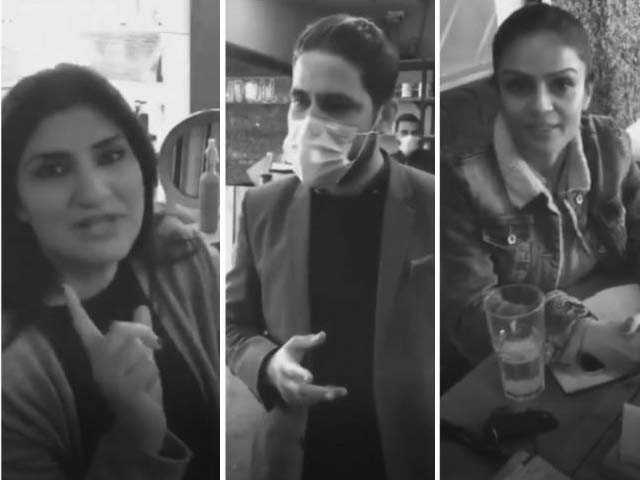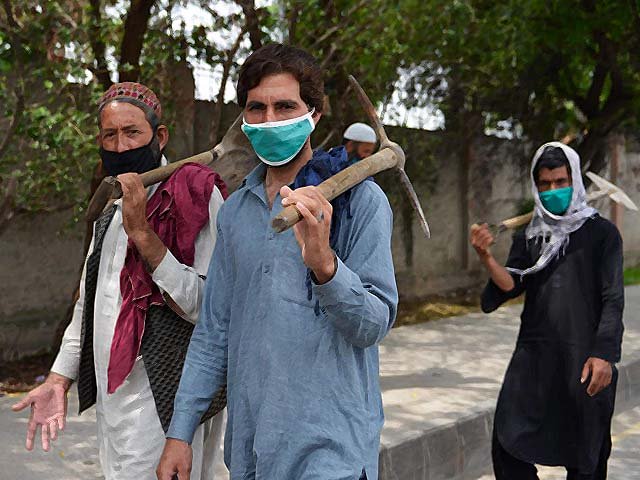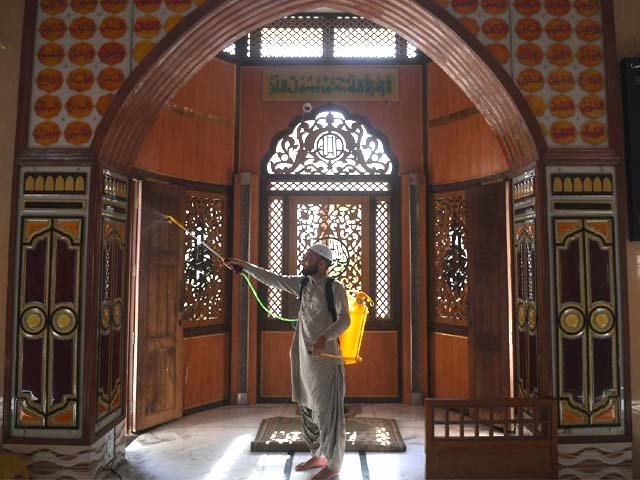
Dear Facebook, stop censoring Kashmir
Kashmir needs to be heard, however it can be, and we all need to pay a bit more attention. You too, Zuckerberg.
As a Pakistani writer of Kashmiri descent, it may not be entirely possible for me to speak without prejudice; but what’s one humble blogger’s bias against an iron curtain drawn over Kashmir by powers barely within my comprehension?
If you’re outside Pakistan, and not politically motivated to draw your attention towards the gruesome events unfolding in Indian-administered Kashmir, it’s likely that you’re unaware of the gravity of this matter. And you’re not entirely to blame for your ignorance.
You could be a hearing-impaired, computer-illiterate villager in Irkutsk, Russia, and you haven’t managed to keep yourself from finding out about a deadly rampage in Paris. But to find out about Indian forces open-firing at protesters in Qazigund, South Kashmir, you’ve had to actively burrow your way into sparingly-tweeted sites of the social media with the air of Gandalf digging through a mountain of dusty tomes to find the account of Isildur.
With no papers, no mobile services, and two barely-functional TV news channels, social media giants like Facebook have re-confirmed their allegiance to the highest corridors of power, rather than the grassroots. Many Kashmiri bloggers and news analysts have complained about their posts disappearing without warning.
Hamza Ali Abbasi – self-righteous, jingoist-extraordinaire – is a man I take no pleasure standing up for. But it’s an embarrassment on Facebook’s part, that his post sympathising with the separatist movement, and the recently executed Kashmiri militant – Burhan Wani – was also removed.
 Photo: Screenshot
Photo: ScreenshotAbbasi has often criticised Western establishments, and media powerhouses based in the West, for censoring Muslim voices and betraying their own sacrosanct ‘free speech’ principles. People like Abbasi may redress this matter as a global conspiracy against the flag-bearers of Islam; but the truth, I suspect, is less colourful and a lot more boring.
 Photo: Screenshot
Photo: ScreenshotThe present chaos and media prejudice cannot be summed up within a West versus Islam, or Hinduism versus Islam, paradigm. It is a simple case of the powerful displaying their apathy for the less powerful, unless caring is politically profitable. It’s a matter of the colonialist’s obvious antipathy for the colonised – and the latter’s dehumanisation as “laaton ke bhoot” who wouldn’t understand a language other than organised violence.
And Abbasi’s right.
We’ve seen this cyclical pattern in Palestine: of oppression generating insurgence; and insurgence held up as an excuse to validate oppression.
Secular liberals who are wary of the Pakistani establishment’s exuberance in highlighting the political and military struggles of the Kashmiri people, and petrified of the resistance movement in Kashmir being spearheaded by Islamist outfits like Hizbul Mujahideen, must allow themselves a macro view of the on-going atrocities. I empathise with their concern for Islamo-nationalism inspired distortion of ground realities, but this is bigger than the sum of its grotesque constituents visible in a cross-sectional frame of present.
The present resistance is not a tentacle of a global jihadist uprising. Burhan Wani’s own radicalisation can be traced back to the violent death of his brother, Khalid, at the hands of the Indian forces. Islamist resistance movements are often bolstered by dangerous religious rhetoric, but are forged by personal losses and politico-economic despair.
The Indian establishment now struggles to explain how foreign interference alone could have conjured hundreds of thousands of protesters, when the actions of their own forces and the strokes of their own pens in the last half a century, have been nothing short of ‘noble’.
And right-leaning social liberals, with little cognisance of the state of terror Kashmiris have lived under for so long, spring forth to magnanimously offer the oppressed free courses on anger management. They usually have little comprehension of the anxieties of people who are unable to contact their families and friends in Kashmir; or the despair of people blinded by pellet guns; or the countless Kashmiri curfewed families whose homes are raided and ransacked without warning from time to time.
“Do not glorify militants like Wani!”
They sing self-assuredly, in defence of Facebook’s censorship. It’s an outstanding recommendation, except for the lack of follow-up advice on using non-violent alternatives that haven’t yet been sealed by an unyielding military establishment.
Nationalists like Mr Abbasi may be politically motivated to make a plea for Kashmiris’ right of self-determination, and it’s unlikely that he’d make a tall claim of representing the Kashmiri people (neither would I).
But Kashmir needs to be heard, however it can be, and we all need to pay a bit more attention. You too, Zuckerberg.




COMMENTS (71)
Comments are moderated and generally will be posted if they are on-topic and not abusive.
For more information, please see our Comments FAQ